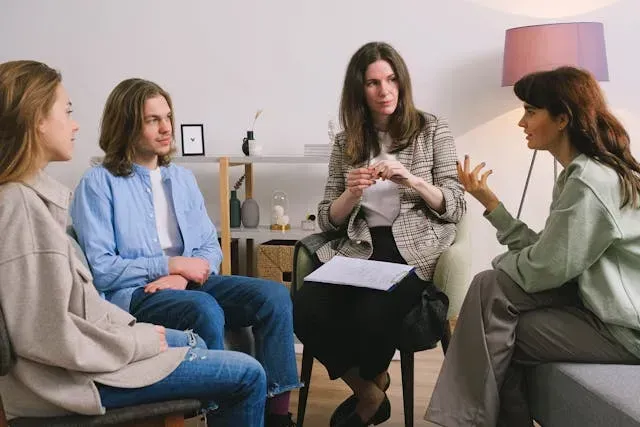
Psychoeducational Group Therapy
Discover the benefits of psychoeducational groups on Carepatron. Learn how these groups can support mental health and personal growth.
Get carepatron free
Commonly asked questions
Psychoeducational Group Therapy focuses on education and skill-building, while traditional group therapy emphasizes emotional support and interpersonal interaction.
Anyone seeking to learn practical skills, gain knowledge about mental health, and receive support from peers can benefit from joining a psychoeducational group.
Yes, family members are often encouraged to participate in psychoeducational groups to gain insight, learn coping strategies, and support their loved one's recovery journey.







